Football has gambling blind spot, says Liverpool addiction expert
- Published

The UK betting industry is worth about £15bn
A new service tackling a "surge" in gambling addiction says the problem plays a role in "hundreds of deaths each year".
The North West Gambling Service (NWGS) said the NHS was "picking up the tab" for the online betting industry, with football described as having a "major gambling problem".
Dr Matt Gaskell, head of the NWGS, said the gambling industry had designed a "perfect storm" for addiction.
The UK industry is worth about £15bn.
NWGS provides treatment for gambling problems as well as for those with mental health conditions.
Dr Gaskell, a consultant psychologist and expert in gambling addiction, spoke at the launch of NWGS's new Liverpool clinic and said football had a "blind spot" to the harm caused by gambling.
He said: "Gambling is killing people, there are hundreds of gambling-related suicides every year, there's misery and desperation across our communities.
"So we want football to take that a lot more seriously and for them to stand up and say 'no that's no ok', and for them to pull out of that sponsorship."
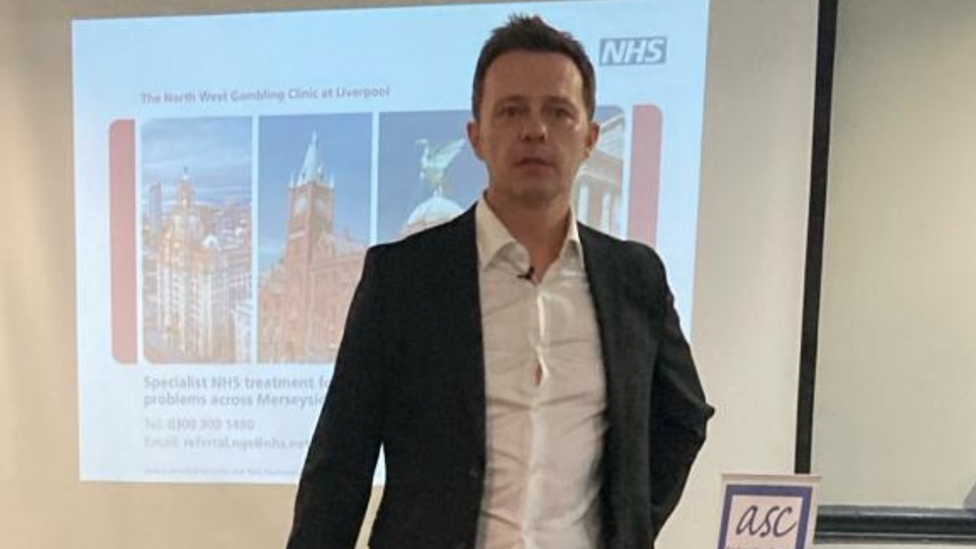
Dr Matt Gaskell said football had a "blind spot" to the harm caused by gambling
Ryan Myers, from Toxteth, was 27 and in the grip of a serious gambling addiction when he took his life in 2014.
Speaking at the launch event in Whiston's Village Hotel, Ryan's dad, John Myers, said: "He would tell us anything really, he would talk about things, he was a very talkative guy, very funny.
"But this thing seemed to be something that he couldn't control, and something that was taking over his life.
"He tried his best to keep it down and not talk about it too much."
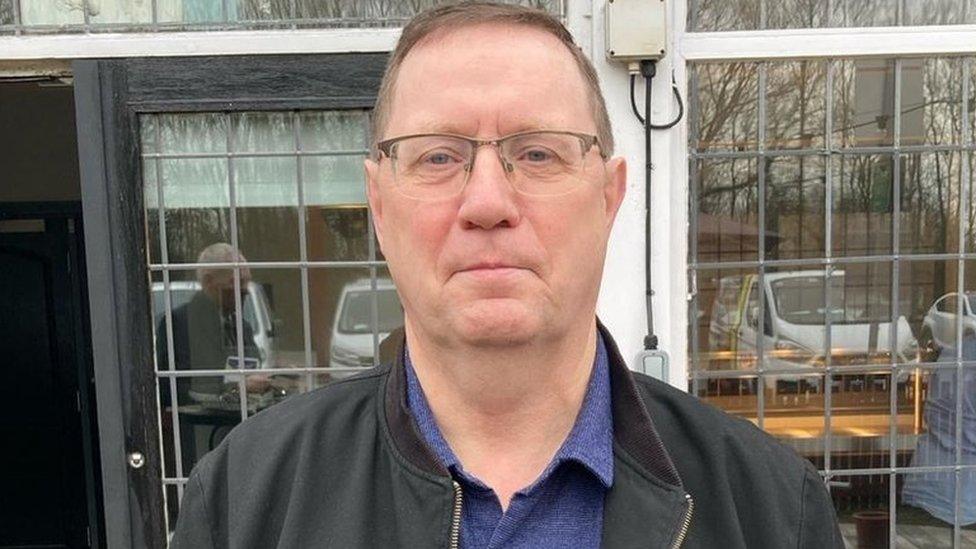
John Myers' son Ryan took his own life in 2014 while battling a gambling addiction
Tranmere Rovers FC is one club which refuses to display gambling adverts.
The club's executive chairman, Mark Palios, said football had been "part of the problem" but could also be "part of the solution".
'Thirst for profits'
He told the BBC: "We need to attract people in who have problems, to recognise they have problems in a safe and trusted place, and we will then refer them on."
Mr Palios said football clubs "do not need" gambling sponsorship money and could find an "alternative".
Dr Gaskell said the majority of people harmed by gambling are younger men, who are working and in a relationship and who gamble online.
However, he said there were also a rising number of women struggling with gambling addiction.
He suggested this was a consequence of targeted advertising with a focus on "highly addictive" slot machine gambling.
He said between 25 and 30% of service users were women, with that percentage increasing.
Dr Gaskell added: "We are mass advertising and marketing an addictive product which could ensnare anyone at a given time.
"The source of the harm is the industry, its products and thirst for profit over the wellbeing of its customers, as well as our undercooked laws and regulations."
In April 2023, Premier League clubs reached a groundbreaking agreement to withdraw gambling sponsorships on the front of match shirts by the end of the 2025-26 season.
While a Department for Culture, Media and Sport spokesperson told BBC Sport in December: "The gambling white paper outlines a balanced and proportionate package of measures, delivering greater protections for those at risk of experiencing harm, while having minimal impact on the freedoms of the large majority of punters.
"There are already robust rules in place to ensure gambling advertising is socially responsible, and we support the work ongoing across the sport sector to develop new standards through an industry wide code of practice."
The NWGS has clinics in Liverpool, Preston and Manchester.

If you're affected by the issues in this piece, you can find support from BBC Action Line

Why not follow BBC Merseyside on Facebook, external, X, external and Instagram, external? You can also send story ideas to northwest.newsonline@bbc.co.uk, external
Related topics
- Published2 February 2024
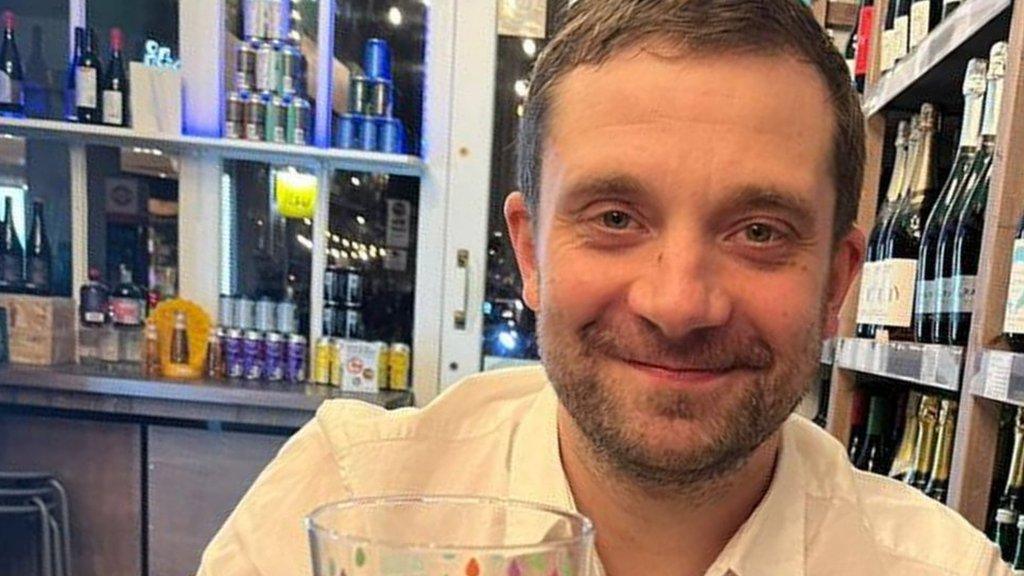
- Published1 January 2024
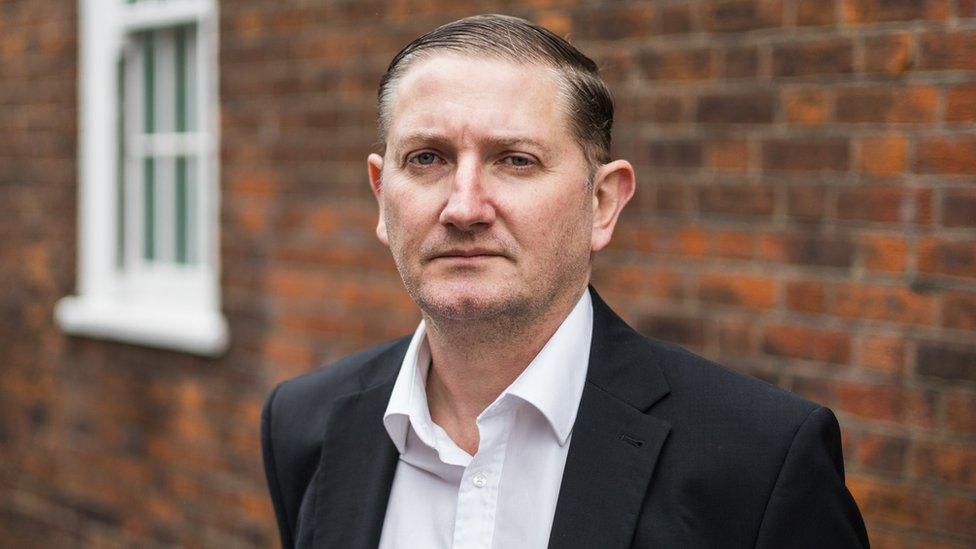
- Attribution
- Published21 December 2023
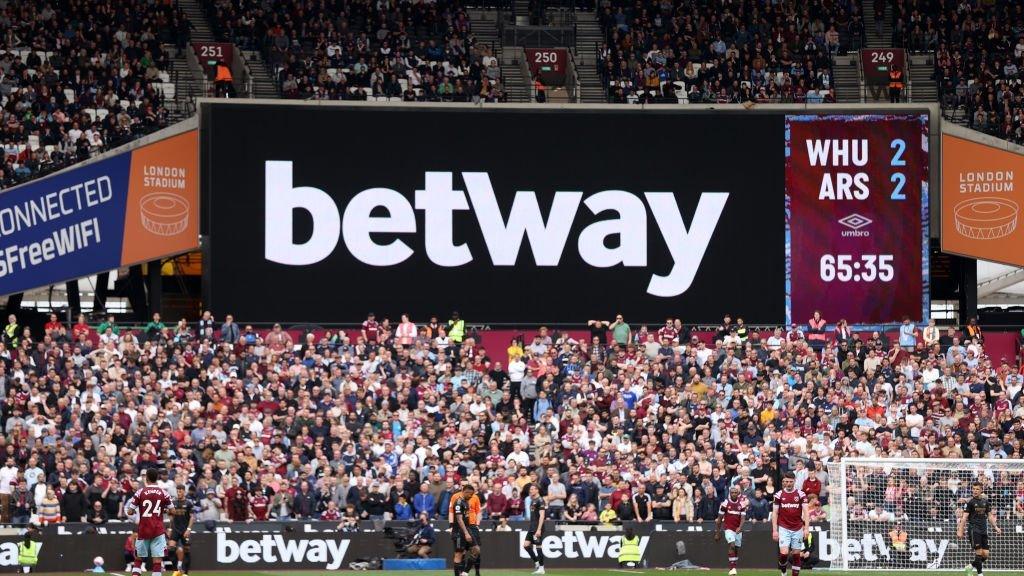
- Attribution
- Published30 November 2023

- Published5 October 2023

- Published12 August 2023
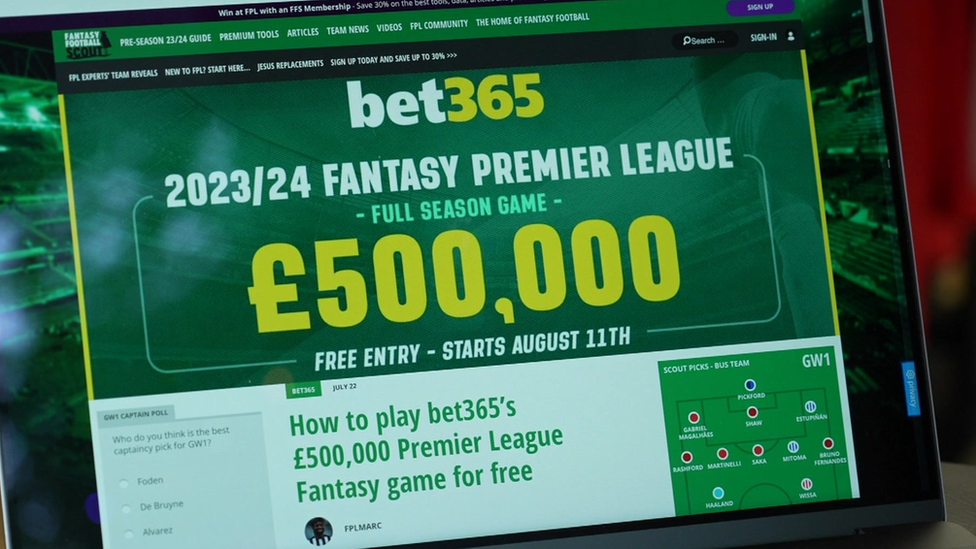
- Published14 March 2023
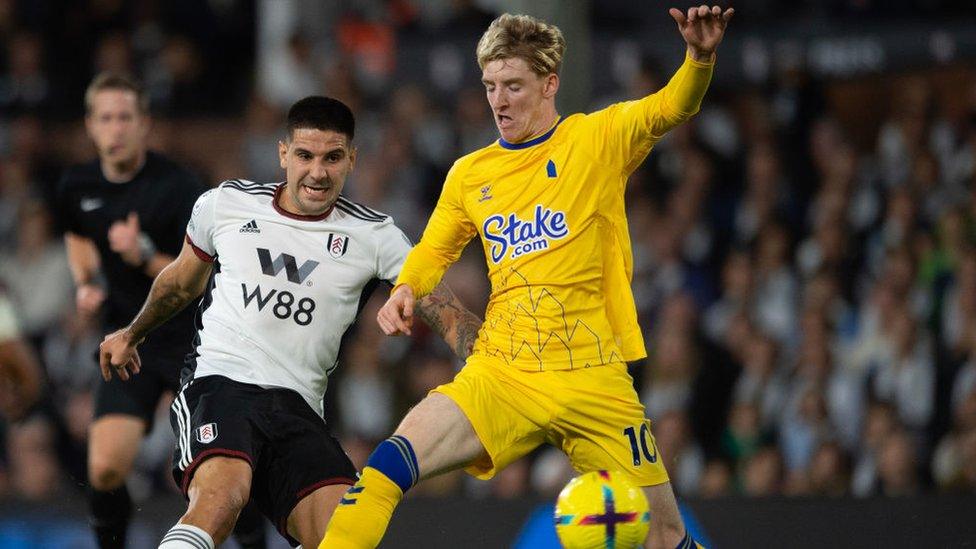
- Published27 April 2023
